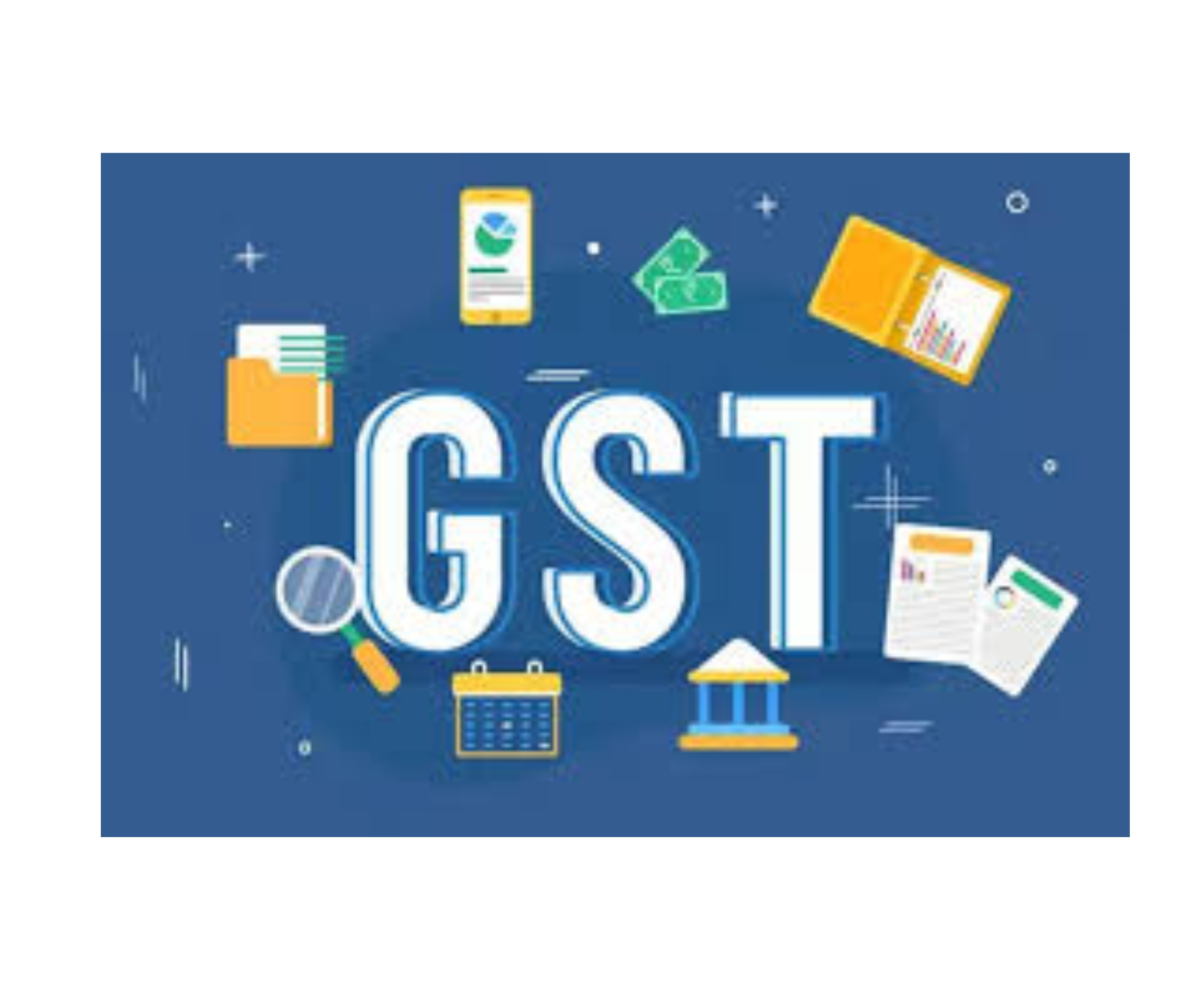![]()

GST in India
Introduction
Co-working spaces have become increasingly popular in India, providing freelancers, startups, and businesses with flexible office solutions. However, a common concern among members is whether they are legally liable for tax issues like Goods and Services Tax (GST). Understanding tax obligations is essential to ensure compliance and avoid legal complications.
Understanding GST in India
It has replaced many indirect taxes such as VAT, service tax, and excise duty, among others. For businesses, GST applies to the sale of goods or services, and it is necessary to register for GST if the business exceeds a specific turnover threshold (currently ₹40 lakh for goods and ₹20 lakh for services, with some exceptions).
Co-Working Space: Tax Implications for Operators
Before discussing members’ responsibilities, it’s important to understand the tax responsibilities of the co-working space operators. Co-working space providers offer rental services and various business support services (e.g., internet, meeting rooms). These services are subject to GST under the “Rental or Leasing Services Involving Own or Leased Non-Residential Property” category, which generally attracts a GST rate of 18%.
Co-working space operators are required to:
- Register for GST if their annual turnover exceeds the prescribed threshold.
- Issue a GST-compliant invoice for the services they provide to members.
- File GST returns regularly and remit the tax to the government.
Application of GST in Co-Working Spaces
- For the Co-Working Space Provider:
- Co-working space owners charge GST on rent and services they provide to their members.
- They are required to register for GST if their turnover exceeds the prescribed limit.
- For Members of a Co-Working Space:
- If a business operates from a co-working space, it must determine whether it needs GST registration.
- Members paying rent may be subject to GST if the provider charges them.
- Freelancers and small businesses under exemption limits are not liable to collect GST.
User Intent: Why This Topic Matters?
- Legal Awareness: Helps co-working members understand their tax obligations.
- Compliance: Ensures businesses follow the GST framework to avoid penalties.
- Financial Planning: Aids in budgeting for GST costs associated with co-working memberships.
- Risk Management: Prevents potential legal issues by ensuring tax adherence.
Usage of GST Knowledge in Co-Working Spaces
- Freelancers & Startups – Understand if GST registration is necessary.
- SMEs (Small & Medium Enterprises) – Plan for GST on shared office expenses.
- Large Corporations – Optimize tax credits when using co-working services.
- Service Providers – Ensure proper GST invoicing for compliance.
Limitations of GST Application in Co-Working Spaces
- Varied GST Rates – Different services may attract different GST rates.
- Complexity in Tax Filing – Businesses need to maintain proper records for tax compliance.
- State-Specific Rules – GST rules may differ for co-working spaces in different states.
- Challenges in ITC Claims – Claiming input tax credit can be difficult without proper invoices.
- Risk of Penalties – Non-compliance can result in hefty fines and legal issues.
Tax Liability for Members of a Co-Working Space
As a member of a co-working space, your legal liability for GST depends on the nature of your business and the services provided by the co-working space. Here are the key points to consider:
1. GST on the Membership Fee
- When you rent space or use other services in a co-working space, you will likely receive an invoice that includes GST, typically at 18%.
- You are not directly responsible for paying the GST to the government; instead, you pay it to the co-working space operator, who remits it on your behalf.
- As long as the co-working space provider is compliant with GST regulations and issues a proper invoice, you, as a member, are not liable for any GST issues arising from their non-compliance.
2. Input Tax Credit (ITC)
- If you are GST-registered and use the co-working space for business purposes, you may be able to claim Input Tax Credit (ITC) on the GST paid to the co-working space operator.
- This means you can offset the GST paid on the co-working services against the GST you collect from your customers, thereby reducing your overall tax liability.
3. Responsibility for Your Own Business Taxes
- If your business is subject to GST, you are responsible for collecting and remitting GST on the goods or services you provide to your clients.
- Your location in a co-working space does not change your responsibility to comply with GST laws. Whether you’re working from a traditional office or a co-working space, if your turnover exceeds the threshold, you must register for GST and comply with the necessary filings.
4. Use of Co-Working Space for Business Registration
- Many businesses register their co-working space address as their official business address for GST registration. This is perfectly legal.
- However, the responsibility for any tax compliance related to your business (including GST) remains with you, the business owner, and is not transferred to the co-working space provider.
5. Shared Services and Taxation
- In a co-working space, services such as internet, utilities, and housekeeping are often shared among members. The co-working space provider typically bundles these services into your membership fee, and the GST is charge on this combine amount.
- If the co-working space provider fails to remit the GST for these services, it is their responsibility, not yours, as long as you have paid the GST-inclusive invoice.
Exceptions and Special Cases
- Unregistered Co-Working Space Provider: If the co-working space operator is not registered under GST despite being required to, they may face legal consequences. However, as a member, you are not liable for their non-compliance as long as you fulfill your own tax obligations.
- Tax Liabilities Beyond GST: Beyond GST, there may be other tax implications depending on your business type (e.g., income tax, TDS). Using a co-working space does not alter your responsibility to comply with other tax laws.
FAQs:
To Visit https://www.gst.gov.in/

For further details access our website https://vibrantfinserv.com